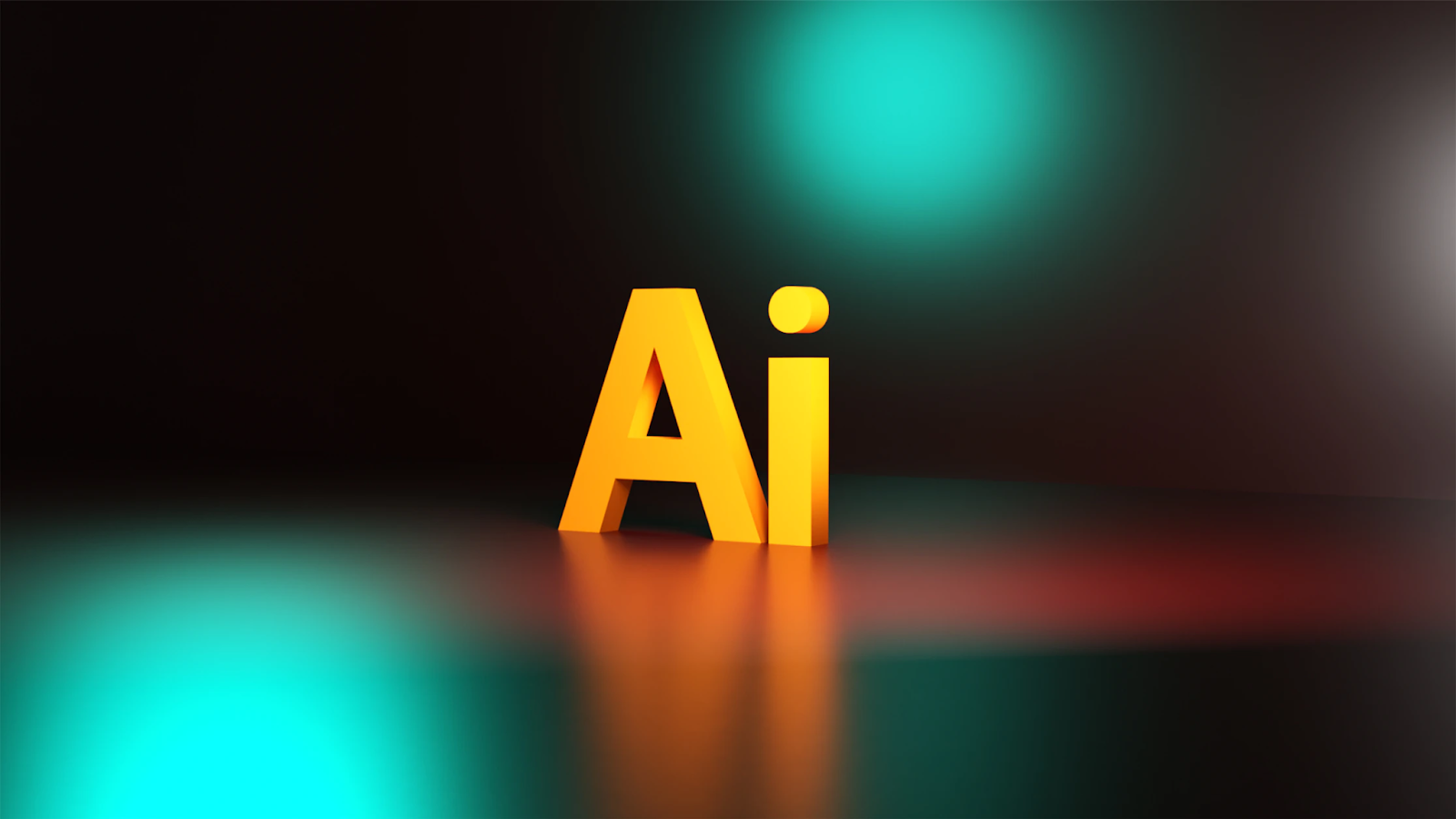Artificial Intelligence (AI) has become a transformative force in various industries, revolutionizing the way businesses operate and deliver value to their customers, of which the trading industry is not an exception. A sophisticated language model built on the GPT-3 architecture, ChatGPT is an example of artificial intelligence (AI) that enables traders to analyze massive amounts of data faster and more accurately than they could with human assistance. The impact, advantages, and prospects of utilizing AI in trading technologies will be examined in this article.
Impact of AI on Trading
The use of artificial intelligence in trading is not new to the world. Earlier only financially sound, large companies could afford it; however, over time, AI has evolved and become more accessible. You can explore the evolution of trading technologies with Pavel Satsuk, an expert from the Soft-FX website.

The primary goal of stock market trading is to make a profit. It does not consider any emotional factors during the decision-making process of buying and/or selling stocks. When humans include emotions such as fear, greed, and so on in their decision-making process, they make the wrong decision and pay the price. This is where AI comes into play; it incorporates the use of machine learning algorithms in trading strategies. This is because a machine can make quick, accurate decisions based solely on pragmatic factors such as price variations, macroeconomic data, etc. Some examples of AI-based trading strategies include momentum trading, mean reversion trading, and statistical arbitrage.
Another impact of AI on the trading market is that it has been used to automate trading processes, increasing trading market speed and efficiency. For example, high-frequency trading (HFT) relies heavily on AI algorithms to execute trades at breakneck speeds, often in milliseconds. This enables HFT firms to profit from even the smallest market inefficiencies through rapid and automated trading. AI also plays a role in lowering transaction costs for investors. AI systems have reduced the costs associated with human error or emotional biases by automating trading processes and eliminating the need for human intervention.
Benefits of AI in Trading
The benefits of AI in trading technologies are numerous, and some of them are listed below:
- AI shortens research time and increases accuracy: Artificial intelligence trading automates research and data-driven decision-making processes, allowing investors to devote more time to trade oversight and advisory services. AI-powered tools can streamline technical analysis, making it easier for traders to spot formations like a bull flag pattern and other relevant signals. According to studies, traders who use algorithmic trading can increase their productivity by up to 10%. AI trading improves decision-making accuracy by reducing human error.
- Machine learning aids in pattern recognition: AI trading systems gather information from a variety of sources, including news outlets and social media platforms, using sentiment analysis and natural language processing. AI can identify patterns within subjective material by analyzing text and linguistics, allowing investors to detect market swings, sentiment shifts, and emerging trends.
- AI reduces transaction costs: Traditional investment firms frequently incur significant overhead costs due to the presence of human analysts, brokers, and advisors. Artificial intelligence trading technology automates repetitive tasks, reducing the need for manual intervention and lowering human resource costs. While there may be some initial costs associated with implementing and maintaining AI systems, companies can save money on overhead expenses in the long run. Furthermore, AI algorithms can continuously monitor the stock market, providing 24 hours a day, seven days a week, reducing the need for human monitoring.
Future of AI
Artificial intelligence in trading appears to have a promising future. As technology advances, AI algorithms will become more complex, allowing them to analyze unstructured data such as news articles, social media messages, and multimedia content. Traders will have a better understanding of market sentiment and will be able to make more accurate predictions as a result. AI-powered chatbots and virtual assistants can also enhance the trading experience by providing individual traders with real-time assistance and tailored trading advice. Keep an eye out for the future of AI!

